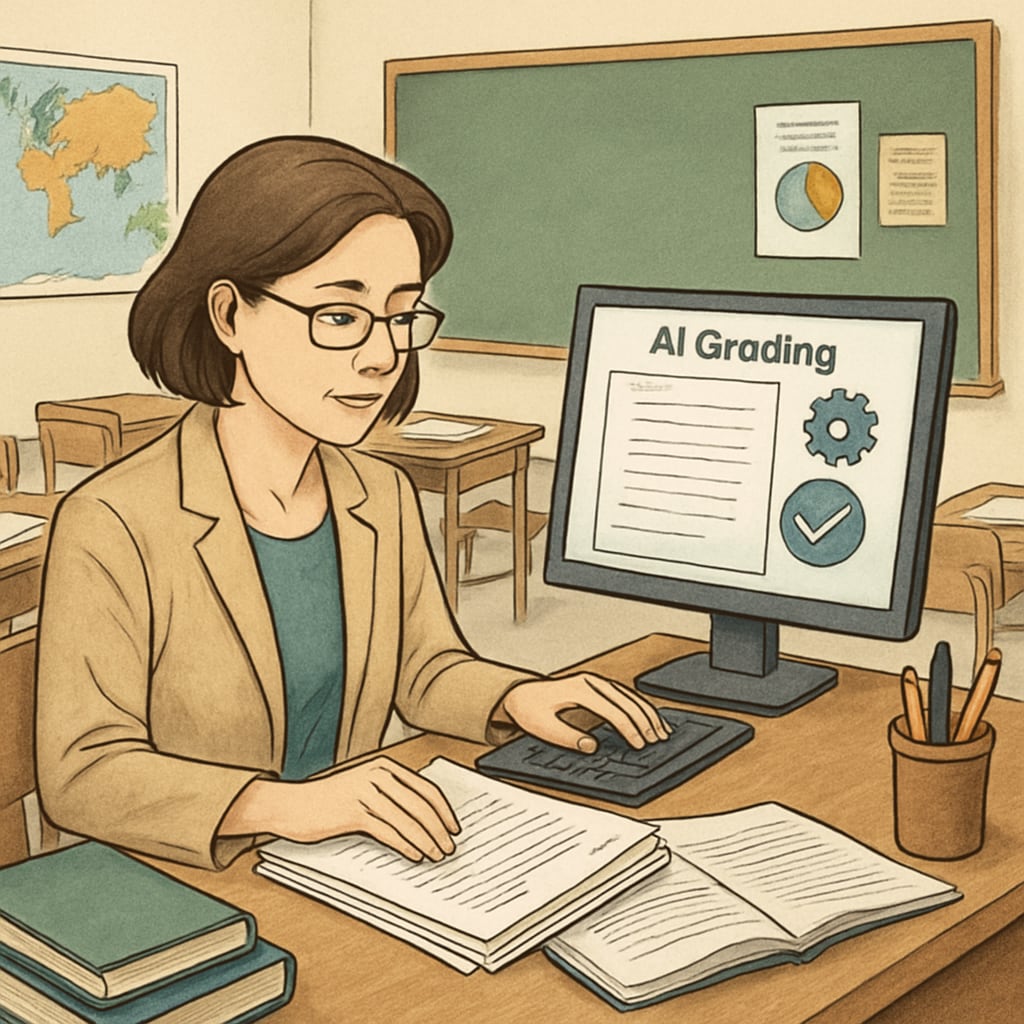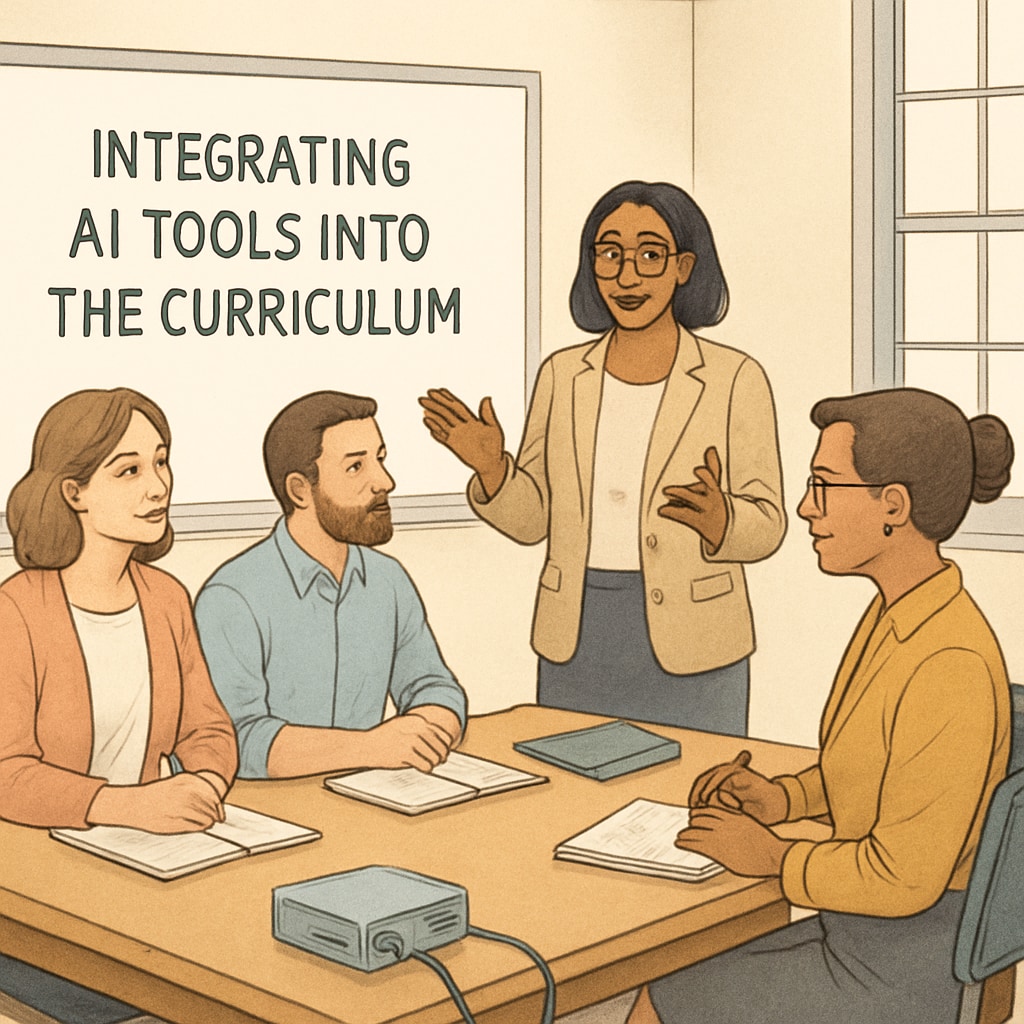The integration of AI into education is transforming the landscape of teaching, challenging the traditional notions of teacher value and compensation. Tools like Google Gemini are automating core tasks such as lesson planning, grading, and student assessments. As a result, educators are now faced with the pressing need to redefine their roles, enhance their technological skills, and negotiate fair compensation in this evolving field.
How AI is Changing the Core Tasks of Teaching
AI tools are designed to streamline and optimize many of the repetitive tasks that teachers once spent countless hours on. For example, lesson planning can now be generated in seconds using platforms like Google Gemini, which leverage vast databases and machine learning algorithms to tailor content to specific curriculum needs. Similarly, grading systems powered by AI can assess not only objective answers but also essays, providing detailed feedback faster than ever before.

While these advancements save time and improve efficiency, they also raise questions about the diminishing emphasis on these once-critical aspects of a teacher’s job. If AI can perform these tasks with equal or greater accuracy, what becomes of the educator’s unique contributions?
Redefining Teacher Value in the Age of AI
Teachers bring a human element to education that AI cannot replicate—empathy, mentorship, and the ability to adapt to a student’s emotional and social needs. These qualities remain irreplaceable and should be the focal point of the profession’s redefinition. However, to ensure they remain indispensable, educators must embrace new skill sets.
Developing “tech literacy” is no longer optional. Teachers must become adept at using AI tools not just as assistants but as partners. For example, understanding the limitations of AI-generated content ensures that students receive balanced and accurate information. Additionally, educators can focus on fostering critical thinking skills in students to help them evaluate AI-generated data effectively.
The Impact on Teacher Compensation
With AI taking over many administrative and instructional tasks, there is a risk that the perceived value of teachers might decline, potentially leading to stagnation or even reductions in salaries. However, this does not have to be the case. Teachers who adapt to the AI-driven environment—by mastering these tools and focusing on roles that AI cannot fulfill—can position themselves as invaluable assets to the education system.
For example, schools and institutions may start to prioritize roles that involve advanced AI integration, curriculum design, or hybrid teaching models, offering higher salaries to those who excel in these areas. Advocacy for fair compensation will also require collective action from educators to highlight these evolving responsibilities and their critical impact on student outcomes.

Key Strategies for Teachers to Thrive in the AI Era
For educators navigating this technological transformation, here are some strategies to remain relevant and ensure fair compensation:
- Invest in Professional Development: Participate in workshops and training that focus on integrating AI tools into teaching practices.
- Focus on Emotional and Social Learning: Emphasize the human aspects of teaching that AI cannot replace.
- Collaborate with Technology Experts: Build partnerships with IT professionals to develop innovative teaching methods.
- Advocate for Policy Changes: Engage with unions and education boards to define new standards for teacher compensation in an AI-driven landscape.
By embracing these strategies, teachers can ensure their roles remain vital and valued, even as technology continues to evolve.
Conclusion: The rise of AI in education is a double-edged sword. While it introduces efficiencies and new possibilities, it also challenges traditional notions of teacher value and compensation. By redefining their roles and mastering technological tools, educators can secure their place in this new landscape, ensuring that their unique contributions remain indispensable.
Learn more about the intersection of education and technology on Wikipedia and explore the fundamentals of AI on Britannica.


